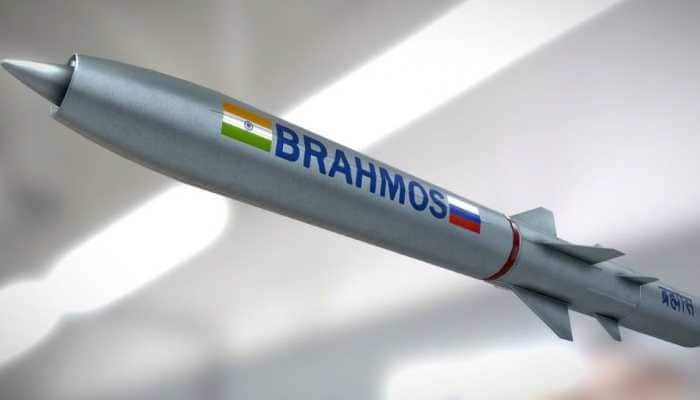AI 'scientist' bolsters fight against drug-resistant malaria
Malaria kills over half a million people each year, predominantly in Africa and south-east Asia.
Trending Photos
) (Representational image)
(Representational image) London: An artificially-intelligent 'robot scientist' has helped identify a common toothpaste ingredient that can fight strains of malaria parasite that have grown resistant currently-used drugs.
Malaria kills over half a million people each year, predominantly in Africa and south-east Asia.
While a number of medicines are used to treat the disease, malaria parasites are growing increasingly resistant to these drugs, raising the spectre of untreatable malaria in the future.
The study, published in the journal Scientific Reports, employed the robot scientist 'Eve' in a high-throughput screen and discovered that triclosan, an ingredient found in many toothpastes, may help the fight against drug-resistance.
When used in toothpaste, triclosan prevents the build-up of plaque bacteria by inhibiting the action of an enzyme known as enoyl reductase (ENR), which is involved in the production of fatty acids.
Scientists have known for some time that triclosan also inhibits the growth in culture of the malaria parasite Plasmodium during the blood-stage, and assumed that this was because it was targeting ENR, which is found in the liver.
Working with 'Eve', researchers from University of Cambridge in the UK discovered that in fact, triclosan affects parasite growth by specifically inhibiting an entirely different enzyme of the malaria parasite, called DHFR.
DHFR is the target of a well-established antimalarial drug, pyrimethamine; however, resistance to the drug among malaria parasites is common, particularly in Africa.
Researchers showed that triclosan was able to target and act on this enzyme even in pyrimethamine-resistant parasites.
"Drug-resistant malaria is becoming an increasingly significant threat in Africa and south-east Asia, and our medicine chest of effective treatments is slowly depleting," said Professor Steve Oliver from Cambridge.
Robot scientist Eve was developed by a team of scientists at the Universities of Manchester and Cambridge in the UK to speed up the drug discovery process by automatically developing and testing hypotheses to explain observations, run experiments using laboratory robotics, interpret the results.
"Artificial intelligence and machine learning enables us to create automated scientists that do not just take a 'brute force' approach, but rather take an intelligent approach to science. This could greatly speed up the drug discovery progress and potentially reap huge rewards," said Ross King from University of Manchester.
Stay informed on all the latest news, real-time breaking news updates, and follow all the important headlines in india news and world News on Zee News.
Live Tv







)
)
)
)
)
)
)
)
)
)
